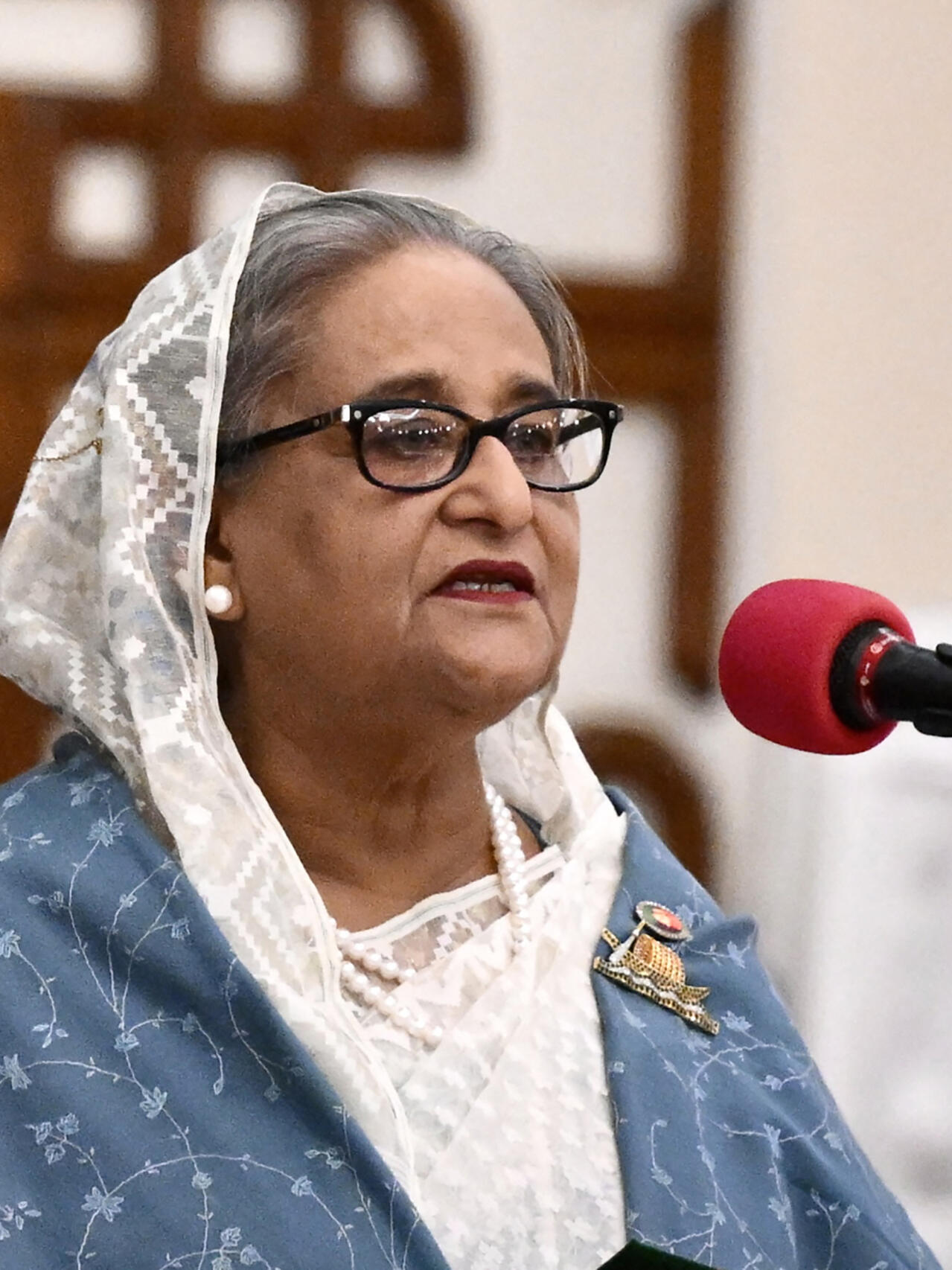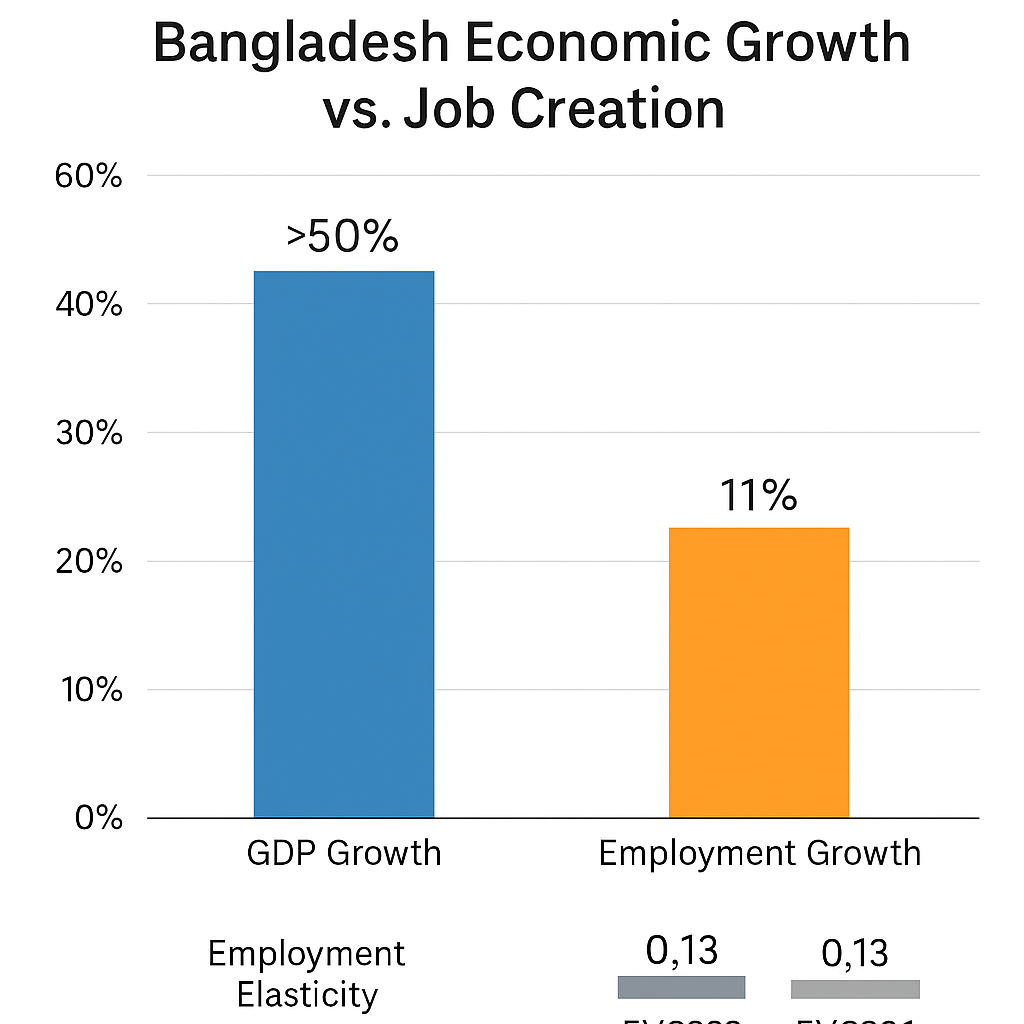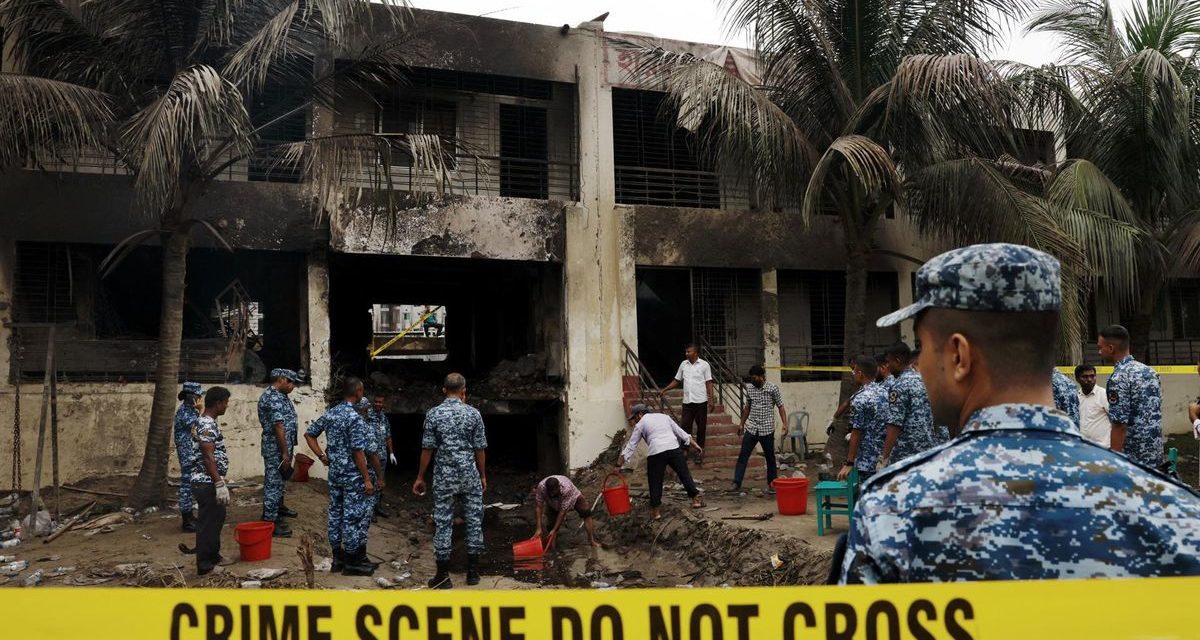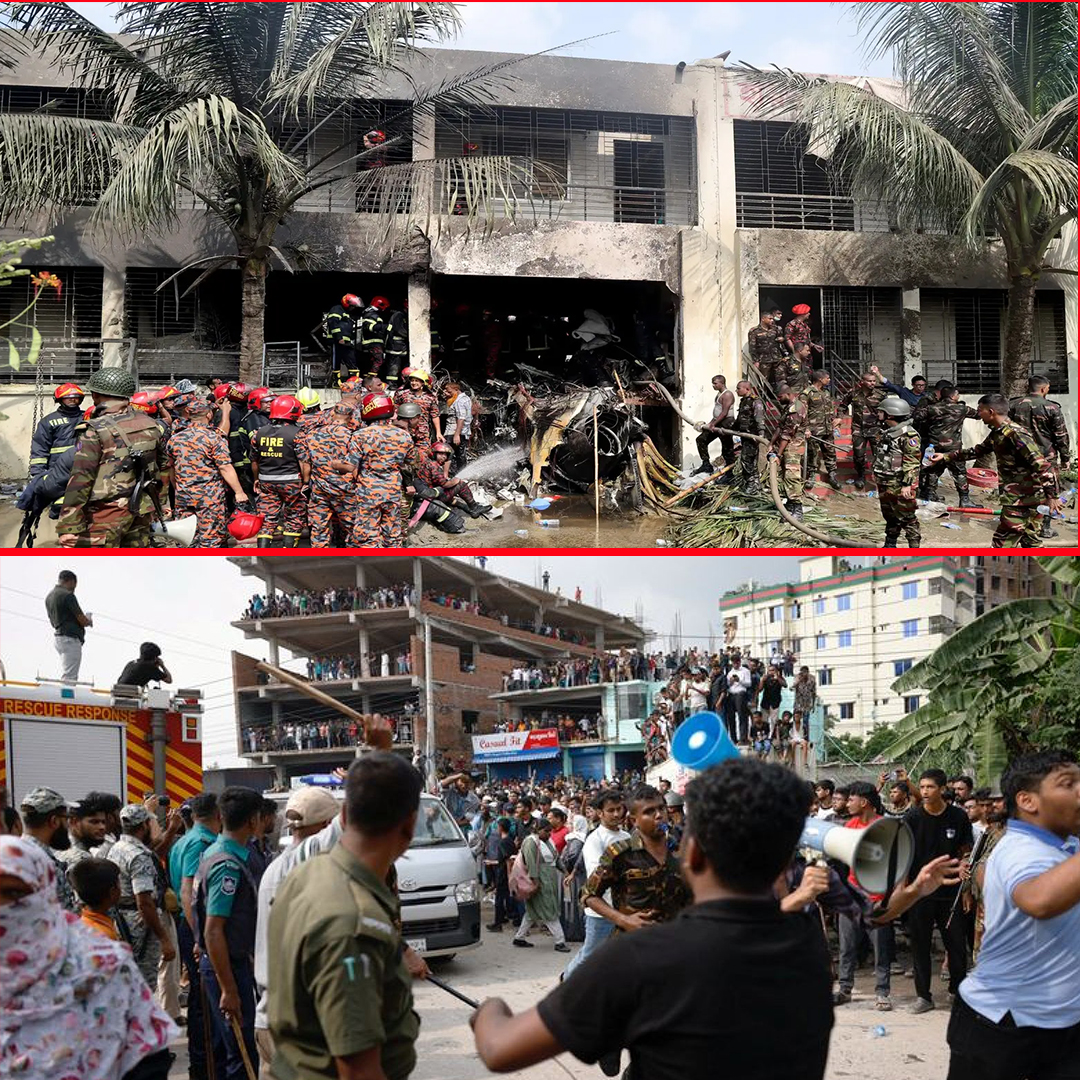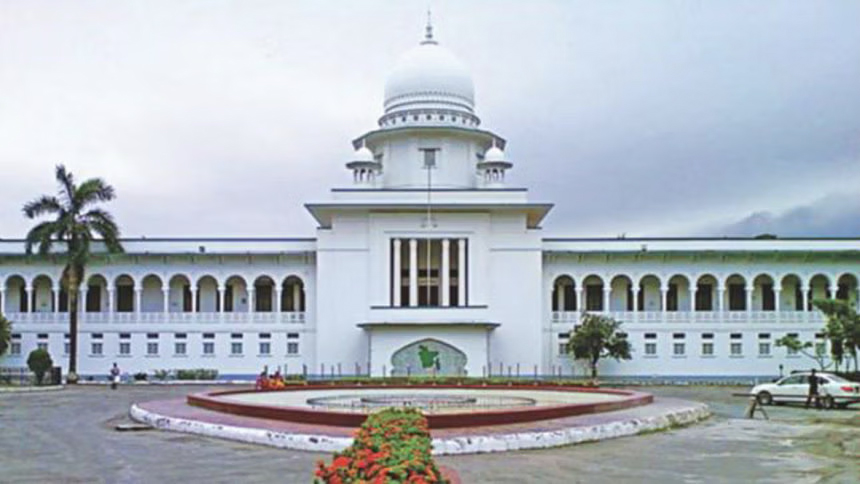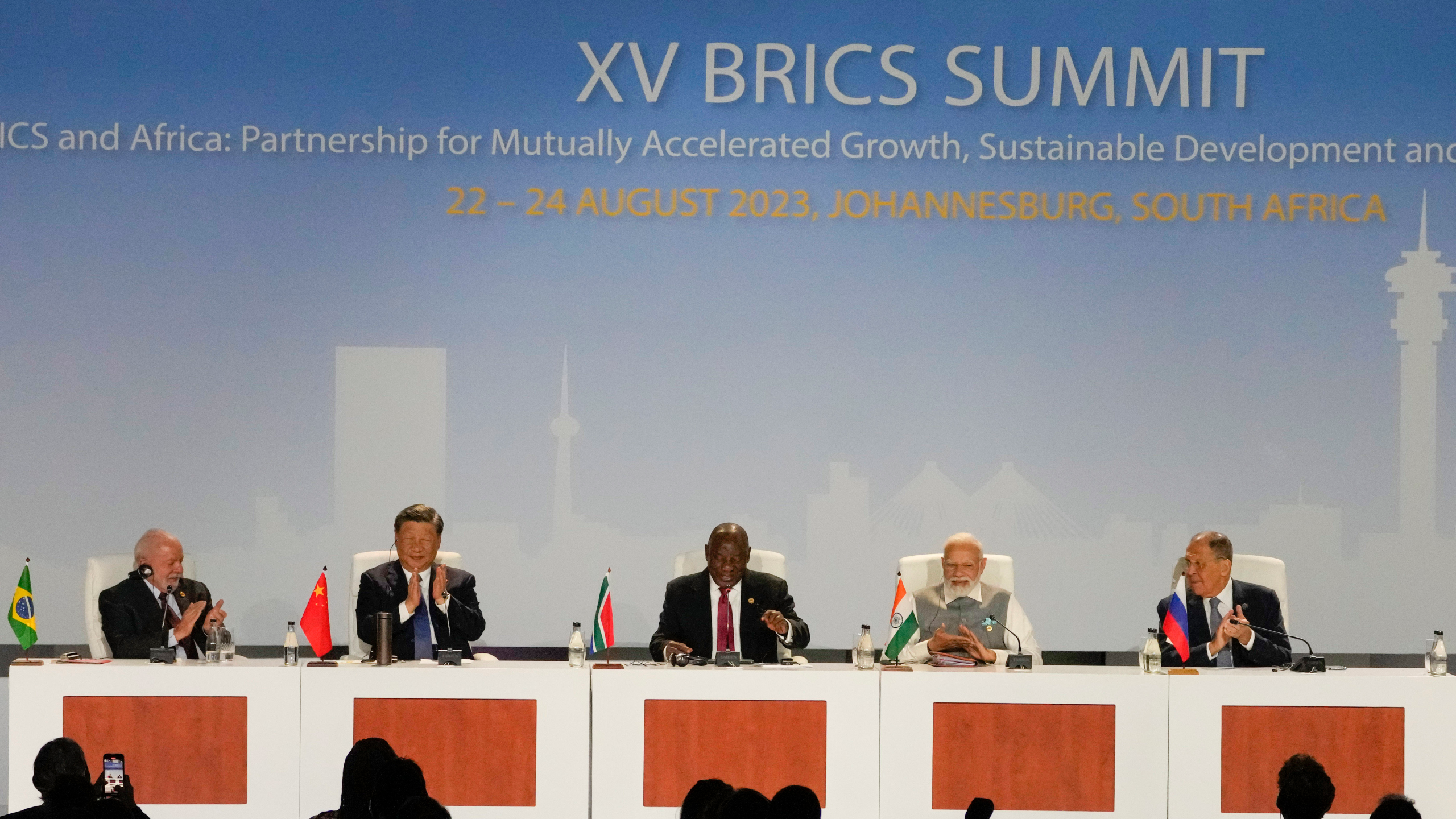
Facing sweeping protectionist measures from Washington, BRICS leaders issue coordinated rebuke and pledge stronger economic cooperation amid global trade tensions
The 17th BRICS Summit held in Rio de Janeiro on July 6–7, 2025, marked a critical juncture in global economic diplomacy. Amid growing tensions stemming from aggressive tariff policies introduced by the United States under President Donald Trump, the summit became a platform for BRICS nations to voice their opposition to what they collectively described as unilateral and protectionist trade measures. Though traditionally viewed as a loose economic bloc with varied political agendas, BRICS emerged from this summit with a more unified voice, signaling a significant escalation in its role as a counterweight to Western-dominated trade frameworks.
In recent months, the United States has implemented a series of sweeping trade tariffs known as the “Liberation Day” tariffs, introduced in early April 2025. These included a 10% universal tariff on all imported goods, followed by higher country-specific rates targeting nations deemed to have an “unfair advantage” or those not cooperating with the administration’s economic goals. BRICS countries were heavily affected by these measures. For instance, South Africa was immediately hit with a 31% tariff, and India faced potential auto-related losses exceeding $700 million. India has responded with proposals for $2.9 billion in retaliatory tariffs at the World Trade Organization. Russia, Brazil, and China have each registered complaints and demanded consultations under WTO frameworks. These developments have raised alarms across the developing world, with BRICS at the forefront of diplomatic resistance.
Ahead of the Rio summit, foreign ministers from BRICS countries met in April and issued coordinated statements criticizing what they termed as “unjustified unilateral protectionist measures.” Although the United States was never named explicitly in the documents, the reference to the Trump administration’s tariff strategy was unmistakable. China’s Foreign Minister Wang Yi underscored the gravity of the moment, stating that failing to oppose such measures would only serve to embolden those undermining international law. Brazilian officials, who hosted the summit, voiced concerns that global trade norms were being undermined by the very country that once championed them.
During the Rio summit itself, BRICS leaders agreed on the wording of a formal communiqué that, according to multiple drafts and diplomatic sources, condemns the “coercive, unilateral tariff and non-tariff measures” that have increasingly disrupted the global trading system. While the language remained diplomatic—avoiding direct mention of the United States or President Trump—it clearly addressed the rising tide of protectionism. The declaration reiterated BRICS’s commitment to multilateralism, respect for international law, and the centrality of the World Trade Organization in resolving trade disputes. The summit’s final statement emphasized the danger of “indiscriminate raising of tariffs” and noted that such actions were damaging not only to BRICS members but to global economic stability as a whole.
The bloc’s growing economic weight lent credibility to its message. Collectively, BRICS now accounts for approximately 40% of global GDP and nearly half the world’s population. Since expanding to include six new members in 2024, the group has tried to project itself as a more influential voice on global economic governance. Yet internal differences persist. China, for instance, has taken a more cautious tone in recent weeks, particularly after negotiating bilateral tariff exemptions with Washington. Chinese officials pushed for softer language in the Rio declaration to avoid jeopardizing fragile trade relations. Brazil and South Africa, though more critical of the U.S., also tempered their rhetoric, keen on avoiding economic retaliation.
Nevertheless, the unity on display at the Rio summit was notable. Russia and India, both facing direct economic consequences from the U.S. tariffs, lobbied strongly for a firmer collective response. Russia, under the weight of extensive Western sanctions, welcomed BRICS solidarity as part of its broader pivot away from Western markets. India, feeling targeted by tariffs on auto exports, took a more assertive stance at the summit, backing initiatives to expand trade in local currencies among BRICS members. These efforts are aimed at reducing dependency on the U.S. dollar and shielding BRICS economies from the volatility of Western-dominated financial systems.
Although earlier plans to create a unified BRICS currency were shelved due to technical and political challenges, the group reaffirmed its commitment to increasing the use of national currencies in bilateral trade. The New Development Bank, BRICS’s financial institution, also announced new funding schemes to support infrastructure and trade development that bypass traditional Western financial intermediaries.
One of the most discussed aspects of the summit was the absence of key leaders. Chinese President Xi Jinping did not attend in person, sending a senior delegation instead. Russian President Vladimir Putin joined remotely due to ongoing legal and geopolitical constraints. These absences led to speculation about the bloc’s internal cohesion, but the consensus on the final declaration suggested that shared economic grievances have begun to override political and strategic differences.
In conclusion, the 2025 BRICS Summit in Rio de Janeiro signified a pivotal moment for the bloc’s evolution. Faced with aggressive U.S. trade measures, BRICS nations moved decisively to present a unified response. While internal tensions and strategic caution prevented the declaration from being more explicitly confrontational, the message was clear: BRICS will not remain passive in the face of what it views as economic coercion. The summit reinforced BRICS’s role as a significant actor in global trade and diplomacy, and signaled its intent to challenge the dominance of Western-led economic policy through coordinated action and institutional alternatives. Whether this signals a permanent shift in global trade alignments or a temporary coalition of convenience remains to be seen, but the Rio summit undoubtedly pushed BRICS into a more assertive and visible role on the world stage
source : thedailystar

